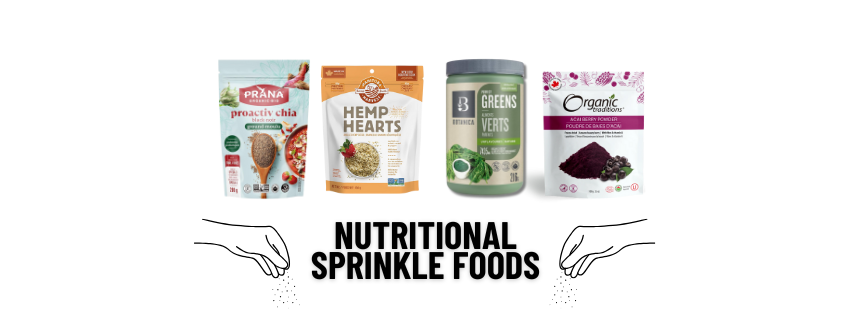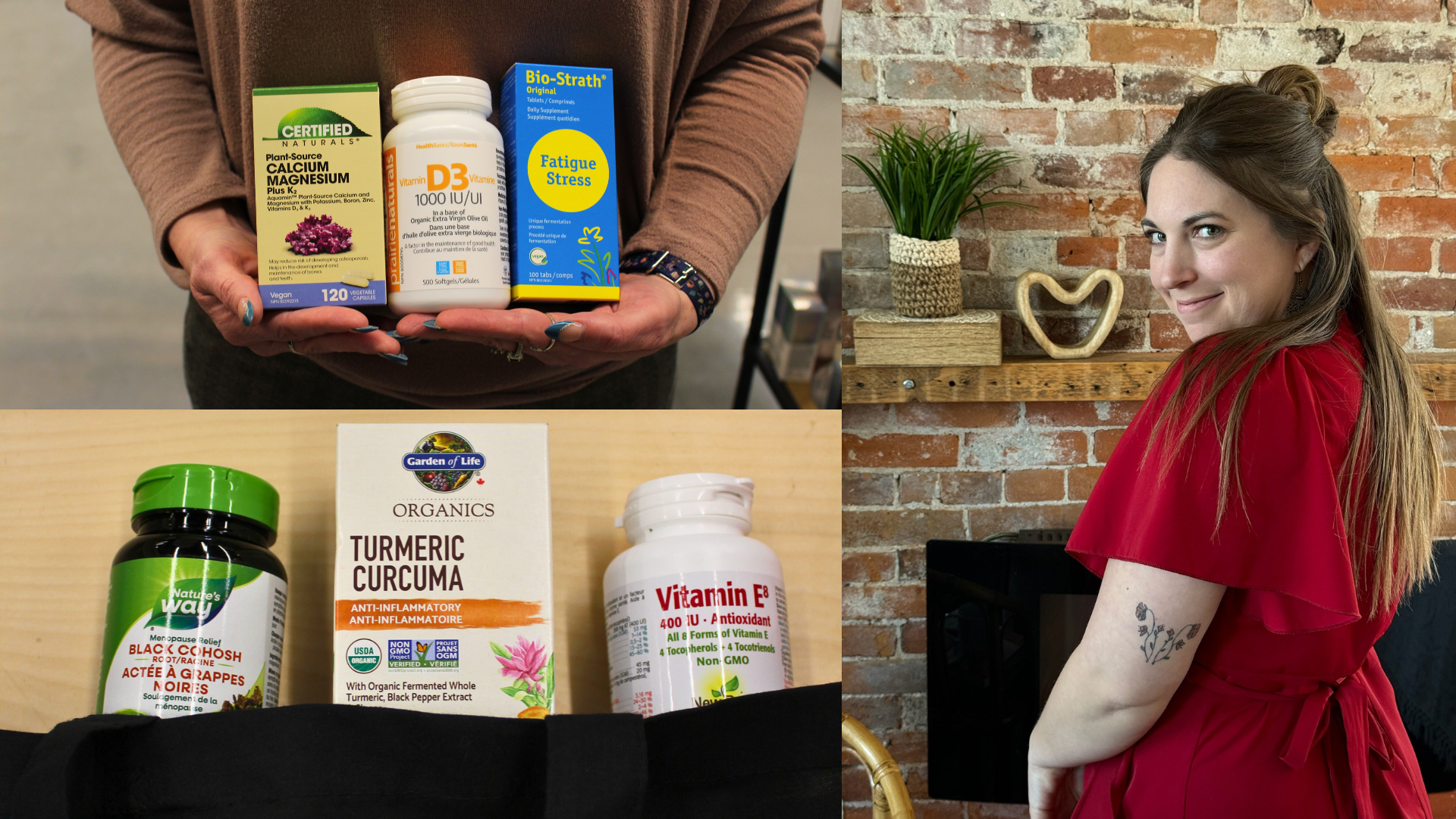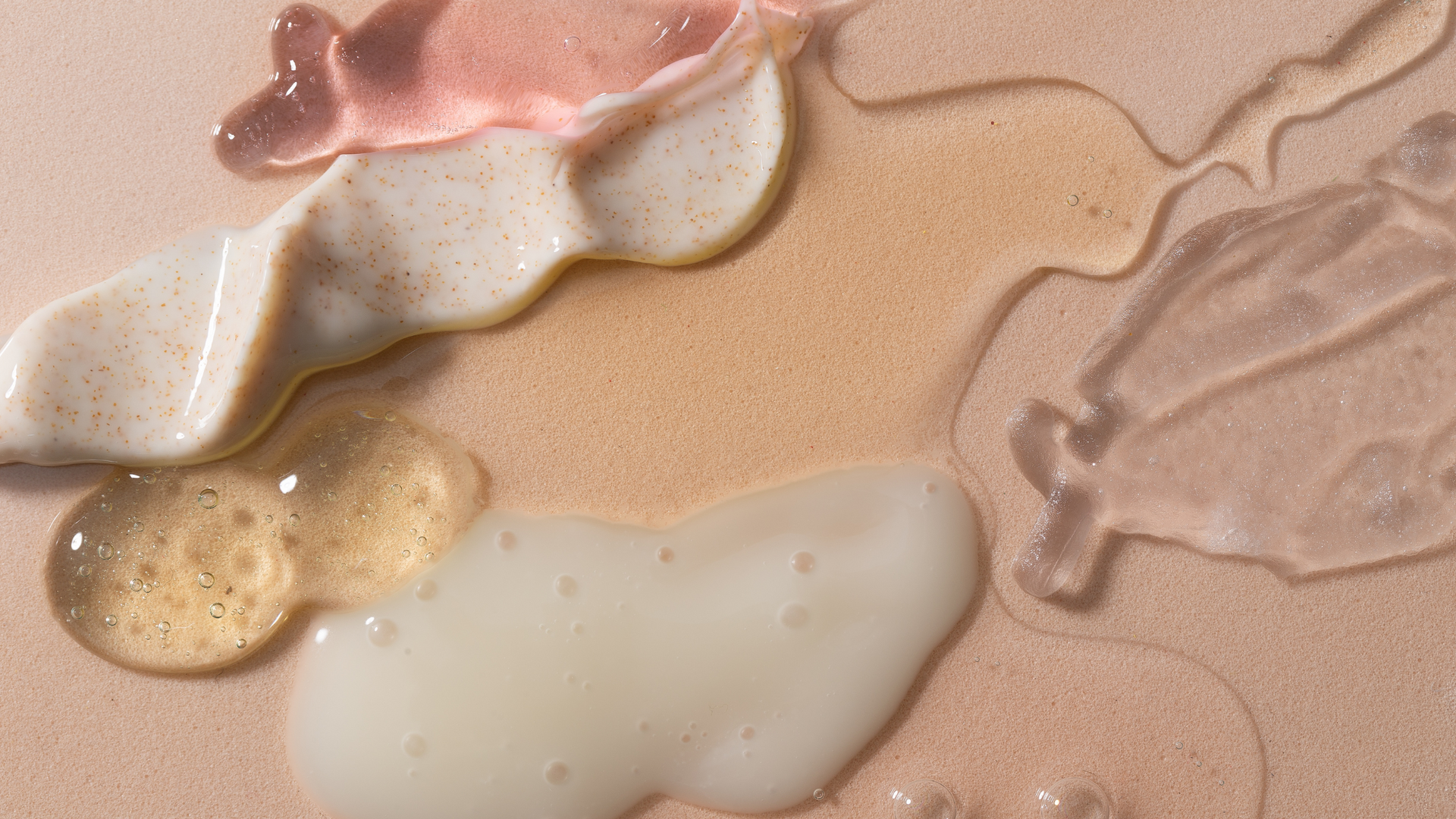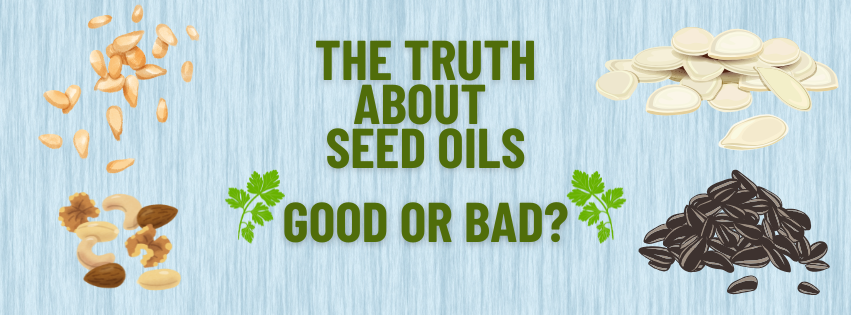The Many Different Types of Collagen
What is Collagen and How Can It Benefit You?

Everybody has been talking about collagen recently and there's a good reason why. It's incredibly beneficial for you!
Collagen is the most abundant protein in your body, making up 30% of your protein mass. It can be found in bones, connective tissues, muscles, hair, skin, nails and even our blood vessels.
It is like the glue that holds our body together. Collagen can help give your skin elasticity and also strengthen your bones and cartilage. There are many different types of collagen but without getting too complex, we'll focus on the main three.
Type I
Type 1 makes up 90% of your body's total collagen. It is famous for its beauty benefits like increasing skin elasticity and can contribute to healthy hair and nails. If you are experiencing skin problems, hair loss or nails that crack easily, you might want to try some type 1 collagen supplements.
Some products that are a great source of Type 1:
Natural Factors Total Body Collagen
Marine Clean Collagen
Preferred Nutrition Collagen Gummies
Naka Platinum Pro Marine Collagen
Zentein Protein Bars
Type 2
Type 2 is found in our connective tissues like joints, ligaments and cartilage, helping to maintain our skeleton so we can move more effectively and also recover well. It is usually extracted from chicken. When there is a loss of collagen, cartilage and ligaments start to break down, leading to damage, which is why it is often used by athletes and bodybuilders as well as those experiencing joint pain.
Some products that are a great source of Type 2:
Chicken
Naka Platinum Pro Collagen
Naka Platinum Nutri Collagen
Garden of Life Grass-Fed Collagen
Natural Factors Multi Collagen
Type 3
Type 3 is found in the muscles, arteries and organs. It can contribute to a healthier heart and gut, which is very important as gut health is necessary for your whole body to function properly. It also works alongside Type 1 and helps improve with anti-aging.
Some products that are a great source of Type 3:
Pacific Bone Broth
Imagine Bone Broth
Natural Factors Multi Collagen
Natural Factors Collagen Total Meal Replacement
Organika Metaboost
Bovine vs. Marine Collagen
These are the main two ways type 1 collagen is extracted. As you may guess, marine collagen is taken from fish skin and scales, and mostly contains type 1. This means that it excels at improving the appearance of skin, hair and nails. It also can be absorbed quicker than other types of collagen, making it easier to metabolize, which is why it's a top choice for those experiencing gut or digestion issues. It is also more popular among those with vegetarian diets as it comes from fish instead of cow.
Bovine collagen comes from beef and specifically, cow hides. It has more type 2 than marine collagen does, making it ideal for improving athletic performance due to its ability to help repair muscles and joints. It can also help gain strength and is a helpful alternative for those with a shellfish allergy.
Other Ways To Increase Collagen
Hyaluronic acid
is a compound that helps promote collagen production in the body.
In a 2014 study, researchers treated wounds in mice with either water or hyaluronic acid. The wounds that received hyaluronic acid treatment improved more than those treated with water.
The authors of a 2021 study also found evidence that hyaluronic acid capsules may also improve moisturization.
NOW Foods makes Hyaluronic Acid tablets that are affordable and easy to take. You can find them in either one of our stores.
Vitamin C
is essential for collagen production. It is a nutrient that can help boost your body's natural production of collagen. Our body does not naturally make vitamin c, so we can only get it from foods or supplements.
Foods rich in vitamin c include:
Citrus Fruits like oranges, lemons and grapefruit
Broccoli
Peppers
As well as many of the vitamin c supplements we have in store.
Ginseng can also help with collagen production, a study from 2012 found that ginseng increases the amount of collagen in the bloodstream.
We have many options for ginseng including Natural Factors ginseng tablets and Universal ginseng tea.
Factors That Decrease Collagen
Smoking Cigarettes
is particularly damaging to the collagen in your body. It can directly effect collagen production and elastin, leading to wrinkles and slow wound healing. Nicotine can also constrict your blood vessels which can prevent the delivery of oxygen and nutrients.
Eating Sugar or Refined Carbs Sugar attaches to proteins and turns them into advanced glycation end products, which damages and causes collagen to become weak, dry and brittle.
Exposure to Ultraviolet Light Exposure to sunlight can reduce collagen production and cause it to break down more rapidly. It also causes wrinkles, so to avoid exposure, always wear sunscreen when you're outside.
Conclusion
Collagen is an extremely important protein in our bodies and can help us feel beautiful and allow our bodies to move around a little easier. All it takes to increase your collagen production is to incorporate it more into your diet or with supplements. We should all strive to look and feel our best, so let's all try to keep our collagen levels at a healthy level.










